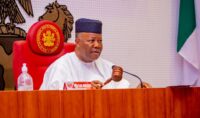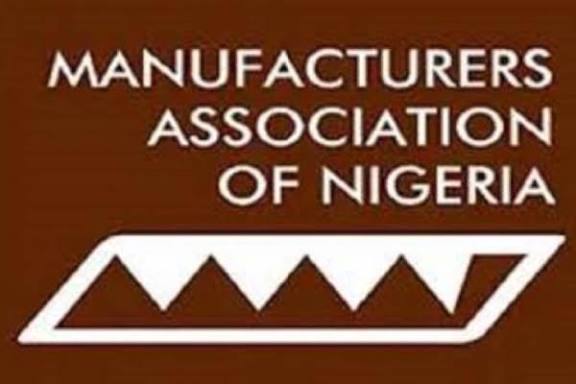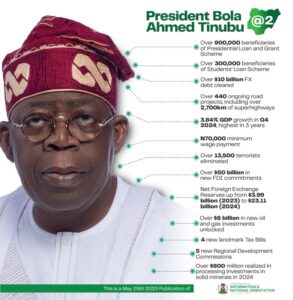Following the high cost of borrowing continues to hinder production and weaken competitiveness in the real sector,the Manufacturers Association of Nigeria (MAN) on Wednesday called on the Central Bank of Nigeria (CBN) to further reduce interest rates.
This is on the heels of the Monetary Policy Committee meeting held on November 24 and 25, where the MPC retained the Monetary Policy Rate at 27 per cent.
According to MAN the lending climate remains “punitive” for the sector.
Director-General, Segun Ajayi-Kadir, in a statement said manufacturers had expected a further easing to reduce borrowing costs, which currently range between 30 and 37 per cent.
According to Ajayi-Kadir, the association “appreciates the decision of the MPC to halt the increase in MPR” but insisted that manufacturers had expected “a further reduction in the rate to reduce the cost of borrowing.
“The rate hinders production and reduces the competitiveness of the sector.
“While the emphasis on exchange rate stability and improved forex liquidity is crucial, it is essential to reduce the cost of funds to encourage borrowing for expansion and investment.”
The association warned that persistently high interest rates would continue to limit access to affordable credit, especially for small and medium-scale manufacturers.
It added that the situation was worsened by structural challenges, including poor infrastructure, high logistics expenses, erratic power supply, soaring energy costs and insecurity, all of which escalate production costs.
MAN urged the CBN and the fiscal authorities to strengthen policy coordination and deepen reforms that unlock industrial potential, stressing the need for a “downward review of the rate in subsequent MPC meetings to lessen the burden of high borrowing costs and incentivise long-term investments,” particularly in capital-intensive sub-sectors.
The group also recommended the introduction of additional monetary instruments to facilitate credit flow to the real sector, alongside increased government investment in infrastructure to boost supply capacity.
On exchange rate management, MAN urged the government to work closely with the CBN to stabilise the naira and manage potential risks linked to capital flight arising from the new MPC corridor adjustment “that will push banks to lend more.”
It also called for complementary fiscal measures that support industrial development, promote structural reforms in agriculture, manufacturing and energy, and address inflationary pressures.
The body added that insecurity in agricultural and industrial zones must be urgently resolved to stabilise raw material supplies and food output, stressing that “a secure environment is critical to sustained industrial growth.”
It was gathered that other members of the organised private sector have urged the CBN to consider reducing interest rates.
While they acknowledged that the MPC decision to retain the benchmark rate at 27 per cent reflected an attempt to protect the relative stability currently being recorded in the economy, they maintained their expectations for future rate cuts.
President of the Lagos Chamber of Commerce and Industry, Gabriel Idahosa, said that although the MPC’s stance aligns with its inflation objectives, businesses are hopeful that borrowing costs will fall soon.
Idahosa said, “We hope that going forward, the rate will be reduced. They still have their eye on that. The target to slow down inflation to 15 per cent by December is also a factor, and they have almost reached their goal.”
Similarly, the National Vice President of the National Association of Small-Scale Industrialists, Segun Kuti-George, said retaining the rate suggested that the CBN was satisfied with the current pace of economic stabilisation.
Kuti-George said, “What retaining the rate at 27 per cent simply means is that the CBN is pleased with the relative stability that exists in the economy now, and they do not want anything that will jolt it, especially as we have it on record that the inflation rate has come down to about 16 per cent.”













